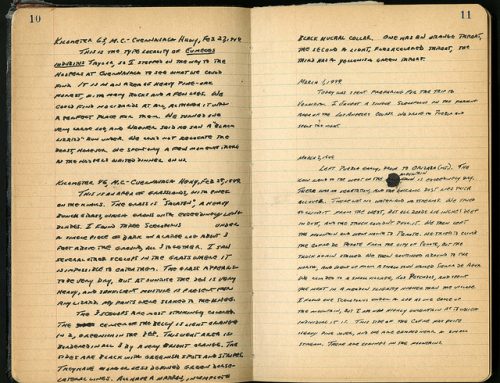test heading
First Second has a growing number of young creators getting signed on to big projects. Some of these new talents are getting their first break just out of art school, some are not even out of college; some are leaping from short assignments or smaller indy projects to a big long book for the first time, with a big publishing house.
i wonder about our young creators. How are they handling new pressures, contracts, deadlines? Some have already found themselves a trusted mentor or two, a coach in a teacher, their agent, or their editor, but others probably toil away on their own. While for some it may look like they’ve been doing it all their life, for others it’s possible to freeze up, or fall apart, or feel paralyzed, or get stuck redoing their first ten pages forever.
As an offering to our young talent, and to anyone who might find this helpful–here and elsewhere, green or seasoned–I’ve asked a number of experienced authors to send a little word of coaching, encouragement or mentoring to them. We’ll call this new category MENTORS CORNER. It will occasionally feature some authors who aren’t with First Second.
Check back here on Thursdays every week for new offerings. If any of this speaks to you and answers a need or sparks an enquiry, do add your comment–who knows what dialogue may open up from it.
FROM EMMANUEL GUIBERT:
In the end, I believe only in learning by example. I can’t think of too many general ideas I can offer comics artists who are starting out in their careers. I know a few in France, whose work I’m following, but each one is an idiosyncratic case.
Besides, having been through a lot of screwups of my own early on, I can measure how much I needed to go through them. I crossed a few deserts, often feeling like I’d turned into a piece of dried fruit—I always judge myself to be far below what I could and should be doing, obviously—and that’s been part of my path. I can see how it’s been useful. In fact, I’ve always had the feeling that my drawing skill was a kind of treasure, that I carried a treasure in me and that, before being a responsibility, this was an amazing stroke of luck. I’m an incredibly lucky guy, and the most intimate yet visible manifestation of this luck is having drawing in my life.
That said, if I’m expected to hand down one or two precepts from the dizzying heights of wisdom I’ve scaled, I’d add this: when you feel stuck, on the wrong track, up the proverbial creek, don’t stay on your own. Looking back at my own experience, I can see that it was a key turning point for me to decide to mingle with a circle of people, to make a radical break with the solitude of my drawing board and go work among other people. Granted, I lucked out, since the other people were called Joann [Sfar], Christophe [Blain], David [B.], Emile [Bravo], Marc [Boutavant], Marjane [Satrapi], and so on. I could’ve fared worse. But that’s really what did me a world of good—the exampleship of it, the sharing, the mutual inspiration, the highs and lows that you live through together. Watching how the others do it. What they bring you, and what you have to offer them.
Our drawing reflects what we are. A lively personality with a strong sense of curiosity and a robust instinct of self-preservation will tend to use drawing to evolve, to gain maturity, to seek, meet, and always feel more. A less vibrant or more fragile personality will use it as a way to shore up its deficient self-esteem, to carve out a niche, to lie to itself, sometimes even to self-destruct. The truth is that both extremes coexist in each of us, and the key, as in everything else in life, is to try to strike a balance. You can do yourself a lot of harm or a lot of good with your drawing, depending on how you use it. Like all important ingredients in life, drawing is a double-edged sword. It has its good uses and its bad ones. You’ll drift from one side to the other, and you need to be keenly aware of the happiness or misery that it’s causing you, because that’s your compass. And through it all, never put down your pencil!




Thanks for some very profound insight. being a personin flux, i have so much drawing in me, so many different styles trying to strike a balance and be expressed. It’s amazing how the energies inside us flow and find release through the pencil.
You’ve just inspired me to, at least for today, pick up the pencil, and let something out.
Thanks First Second books for this cool new feature on your blog!